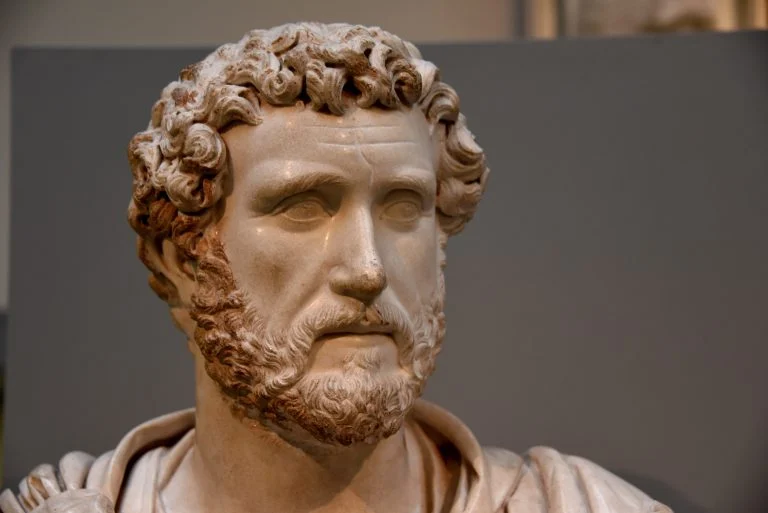Antoninus Pius, often hailed as one of the "Five Good Emperors" of Rome, ascended to power during a critical juncture in the history of the Roman Empire. His rule, marked by stability, diplomacy, and administrative prowess, ushered in an era of relative peace and prosperity. However, like all figures of antiquity, Antoninus Pius's life and reign are not devoid of intrigue and mystery, particularly surrounding his death. Let us delve into the fascinating tale of Antoninus Pius: his rule, his accomplishments, and the circumstances of his passing.
Antoninus Pius's Reign:
Antoninus Pius ruled as Emperor of Rome from 138 to 161 CE, succeeding his adoptive father, the Emperor Hadrian. His accession to the throne was smooth, owing to his reputation for wisdom and moderation. During his twenty-three-year reign, Antoninus Pius prioritized the maintenance of peace and stability within the empire, consolidating the administrative reforms initiated by his predecessors.
One of Antoninus Pius's most notable accomplishments was his adept handling of foreign relations. He sought to avoid costly military campaigns whenever possible, preferring diplomacy and negotiation to outright conflict. Through skillful diplomacy and strategic alliances, Antoninus Pius maintained peace along the empire's frontiers, ensuring security and prosperity for its citizens.
Antoninus Pius's Accomplishments:
- Infrastructure and Public Works: Antoninus Pius undertook extensive infrastructure projects throughout the empire, including the construction of roads, bridges, and aqueducts. These projects facilitated trade, communication, and the movement of goods and people, contributing to the economic vitality of Rome and its provinces.
- Legal Reforms: Antoninus Pius enacted several legal reforms aimed at promoting justice and fairness within the empire. He codified existing laws, standardized legal procedures, and sought to uphold the rule of law. His commitment to justice earned him praise from contemporary historians and legal scholars.
- Charitable Endeavors: Known for his philanthropy and compassion, Antoninus Pius established welfare programs to assist the poor and marginalized within Roman society. He funded public works projects, provided financial assistance to orphaned children, and supported initiatives to alleviate poverty and suffering.
- Cultural Patronage: Antoninus Pius was a patron of the arts and sciences, fostering a cultural renaissance during his reign. He supported renowned intellectuals, philosophers, and artists, including the historian Tacitus and the philosopher Marcus Aurelius. His patronage helped to preserve and advance Roman culture and intellectual pursuits.
The Death of Antoninus Pius:
The circumstances surrounding the death of Antoninus Pius remain shrouded in uncertainty. According to historical accounts, he passed away peacefully in his sleep on March 7, 161 CE, at the age of seventy-four. Some sources suggest that he died of natural causes, possibly due to old age or illness. However, conspiracy theories and rumors of foul play have persisted throughout the centuries, fueled by the intrigue of imperial politics and succession struggles.
Antoninus Pius's reign stands as a testament to the virtues of prudence, moderation, and governance. His commitment to peace, justice, and prosperity earned him the admiration of his contemporaries and subsequent generations. Although the circumstances of his death remain a subject of debate, Antoninus Pius's legacy endures as a shining example of enlightened rule in the annals of Roman history.




